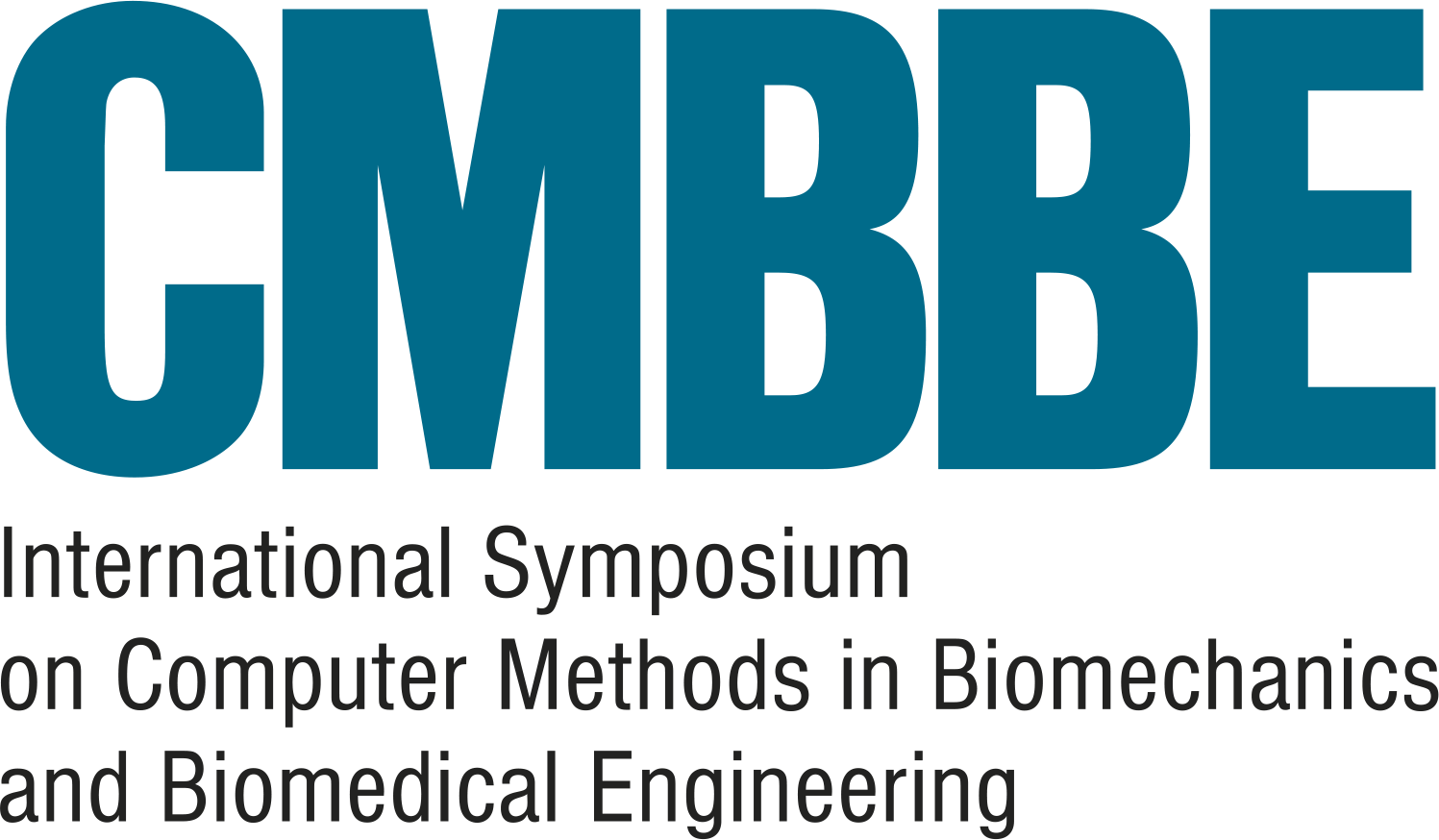Thank you very much for all contributions in the field of computer methods in biomechanics and biomedical engineering.
The abstract submission is now closed.
In order to submit your abstract please continue here.
Abstract submission system
We recommend using Firefox or Google Chrome as the abstract submission system works better in these browsers. To submit an abstract, you will need an account. If you attended the CMBBE 2016 or 2019 symposium, please log in with your username (email) and Password. If you don’t have an account you will be asked to create one the first time you log in to the system.
In case you have forgotten your password, you can request a new one by clicking Forgot your password.
Abstract submission guidelines
The abstract title should not exceed 200 characters including spaces. Please limit the number of authors to no more than 5, and indicate each author’s affiliation. Do not use titles (e.g. ‘Dr.’, ‘Mrs.’) for author names.
Abstracts are limited to 450 words, and should not be longer than 1 page.
Abstracts must be submitted in English.
Each registered participant can present only one oral presentation and/or one poster presentation.
Accepted abstracts will be published on the conference website and in the conference abstract book. By submitting an abstract to the CMBBE 2021 symposium, you transfer all Copyrights to CMBBE 2021, for the purpose of publishing the abstract in any printed or electronic form. Author’s use of the material for educational purposes, inclusion in other publications, as well as posting to the author’s website is allowed.
All abstracts must be submitted using the CMBBE 2021 abstract template. You can download the abstract template from the online submission system or here.
- Invited oral presentation
- Oral presentation
- Poster presentation
All submissions will be reviewed by the CMBBE 2021 committee and decisions will be sent by 31st May 2021.
Presenting authors of all accepted abstracts will be required to register as delegates to the conference and pay the registration fee, as a condition for inclusion of their abstract in the program. Students with Department Head/Chair stating that the attendee is a full time student can apply as Student type of delegate.
CMBBE2021 awards for the best papers, best student presentation and best poster are an important acknowledgement of the delegates’ investment in their participation in CMBBE 2021.
CMBBE 2021 Best Oral Presentation Award
The Best Oral Presentation Award will recognise the best paper reporting a research work on Computational Biomechanics and Biomedical Engineering.
CMBBE 2021 Best Paper on Image and Visualization Award
The Best Paper on Image and Visualization Award will reward the best paper involving Image and Visualization developments applied to Biomechanics and Biomedical Engineering.
CMBBE 2021 Best Student Presentation Award
The Best Student Presentation Award will reward the best student presentation during CMBBE 2021.
CMBBE 2021 Best Poster Award
The Best Poster Award will reward the best poster presentation during CMBBE 2021.
Abstract Categories:
- 3D printing in biomedicine
- Agent-based modeling
- Artificial intelligence and big data
- Bacterial and viral mechanics
- Biomaterials
- Biomechanics of morphogenesis
- Biomechanics of movement and rehabilitation
- Biomedical image analysis & processing
- Biomedical visualization
- Bone biomechanics
- Brain biomechanics
- Cardiac mechanics
- Cardiovascular fluid dynamics
- Cellular and molecular biomechanics
- Computer-aided surgery
- Contact mechanics
- Dental biomechanics
- Diarthrodial joint biomechanics
- Epidemiology
- Ergonomics
- Finite element and finite volume method
- Fluid biomechanics
- Fluid-structure interaction
- Growth and remodeling
- Hard tissue mechanics, damage, remodeling
- Human modeling for robotics
- Imaging for model validation
- Implants/orthotics/prosthetics/devices/biologics
- In vivo imaging and visualization
- Injury biomechanics and crash analysis
- Inverse problems and parameter identification
- Machine learning
- Mechanics in infectious diseases
- Mechanobiology
- Meshless methods
- Multiphysics modeling
- Multiscale modeling
- Musculoskeletal dynamics and neuromuscular control
- Patient-specific modeling
- Plant biomechanics
- Reproductive biomechanics
- Respiratory biomechanics
- Skin biomechanics
- Soft tissue mechanics, damage, remodeling
- Spine biomechanics
- Sports biomechanics
- Tissue engineering
- Vascular mechanics
Abstract submission guidelines
Presentation types
- Invited oral presentation
- Oral presentation
- Poster presentation
General information
The title should not exceed 200 characters including spaces. Please limit the number of authors to no more than 5, and indicate each author’s affiliation. Do not use titles (e.g. ‘Dr.’, ‘Mrs.’) for author names.
Abstracts are limited to 450 words, and should not be longer than 1 page.
Abstracts must be submitted in English.
Each registered participant can present only one oral presentation and/or one poster presentation.
Accepted abstracts will be published on the conference website and in the conference abstract book. By submitting an abstract to the CMBBE 2019 symposium, you transfer all Copyrights to CMBBE 2019, for the purpose of publishing the abstract in any printed or electronic form. Author’s use of the material for educational purposes, inclusion in other publications, as well as posting to the author’s website is allowed.
Extended papers for the CMBBE 2019 proceedings should be sent to the CMBBE 2019 Secretariat latest by July 15.
All abstracts must be submitted using the CMBBE 2019 abstract template. You can download the abstract template from the online submission system or here.
Review:
All submissions will be reviewed by the CMBBE 2019 committee and decisions will be sent by March 22, 2019.
Presenting authors of all accepted abstracts will be required to register as delegates to the conference and pay the registration fee, as a condition for inclusion of their abstract in the program. Students with Department Head/Chair stating that the attendee is a full time student can apply as Student type of delegate.
Contact:
CMBBE 2019 Conference Secretariat
cmbbe2019@codan-consulting.com
+420 251 019 379
Contact person: Adina Markova
ORAL and POSTER SESSIONS
You may submit an abstract for oral presentation to one of the symposium sessions, the complete list is provided here.
During the submission process please make sure to select the appropriate session. The local organising committee, reserves the option to accept abstracts to a different session than indicated by the authors.
A best poster award will be presented at the CMBBE Conference Dinner.
Login to the Abstract Submission System
We recommend using Firefox or Google Chrome as the abstract submission system works better in these browsers.
To submit an abstract, you will need an account. If you attended the CMBBE 2016 symposium, please log in with your Username (email) and Password. If you don’t have an account you will be asked to create one the first time you log in to the system.
In case you have forgotten your password, you can request a new one by clicking Forgot your password.
Abstracts will be accepted for the following categories:
3D printing in biomedicine
Agent-based modeling
Artificial Inteligence and big data
Bacterial and viral mechanics
Biomaterials
Biomechanics of morphogenesis
Biomechanics of movement and rehabilitation
Biomedical image analysis & processing
Biomedical visualization
Bone biomechanics
Brain biomechanics
Cardiac mechanics
Cardiovascular fluid dynamics
Cellular and molecular biomechanics
Computer-aided surgery
Contact mechanics
Dental biomechanics
Diarthrodial joint biomechanics
Epidemiology
Ergonomics
Finite element and finite volume method
Fluid biomechanics
Fluid-structure interaction
Growth and remodeling
Hard tissue mechanics, damage, remodeling
Human modeling for robotics
Imaging for model validation
Implants/orthotics/prosthetics/devices/biologics
In vivo imaging and visualization
Injury biomechanics and crash analysis
Inverse problems and parameter identi_cation
Machine learning
Mechanics in infectious diseases
Mechanobiology
Meshless methods
Multiphysics modeling
Multiscale modeling
Musculoskeletal dynamics and neuromuscular control
Patient-specific modeling
Plant biomechanics
Reproductive biomechanics
Respiratory biomechanics
Skin biomechanics
Soft tissue mechanics, damage, remodeling
Spine biomechanics
Sports biomechanics
Tissue engineering
Vascular mechanics

